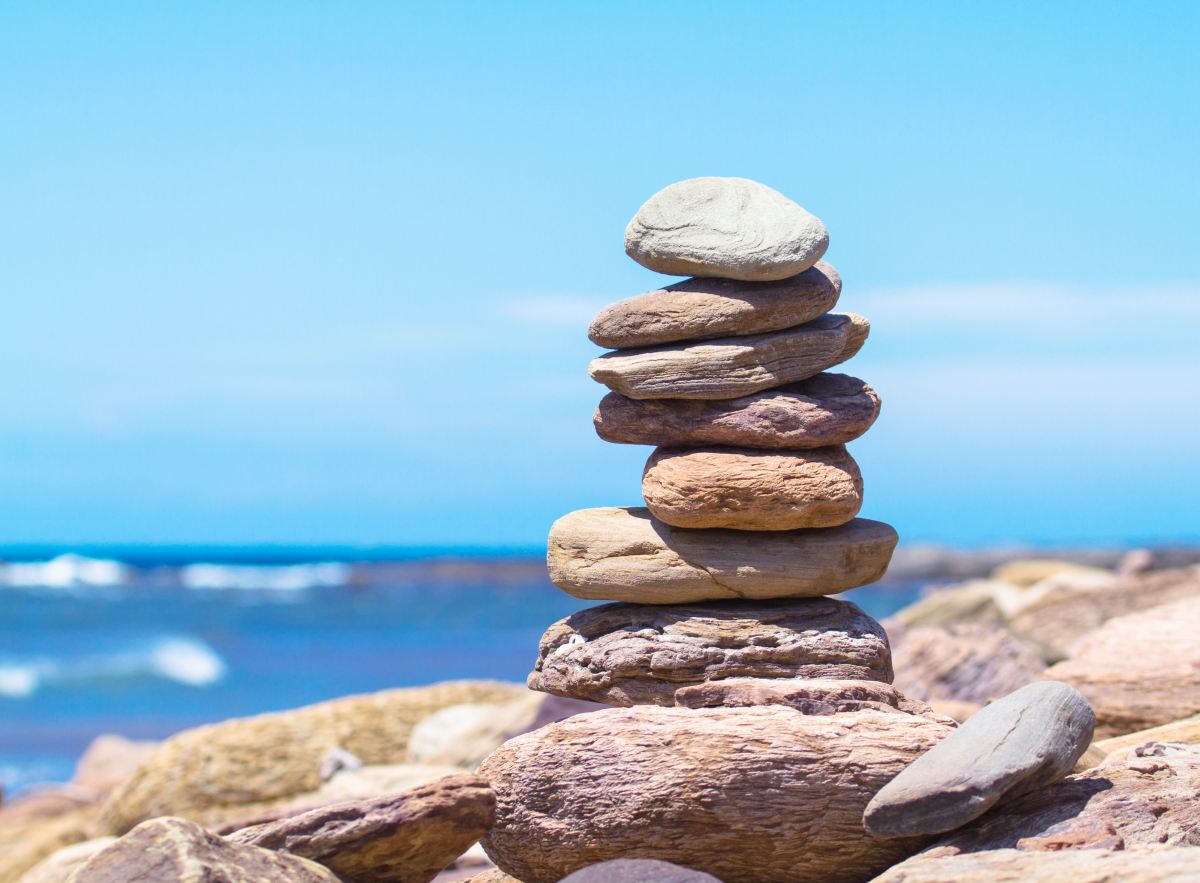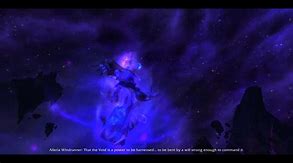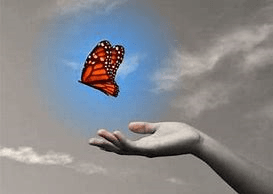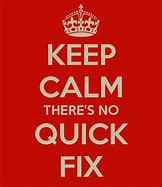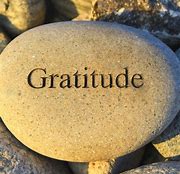There
is oftentimes a very definitive moment in time, an exact moment of realization
that I believe most of us have experienced, when we realize that things in our
life are more fucked-up than we had originally thought. It’s as if all
electrical currents in our brain come together at once to flash an internal
warning with the sole purpose of providing split-second clarity with the
message, “This is fucked up”. This
moment of clarity can be both liberating and debilitating, simultaneously.
Liberation occurs when this exact moment of clarity serves to complete the puzzle we have been struggling with. We’ve known something was wrong for perhaps the longest time, whether in a relationship, a job, dealing with a drug addiction, or anything else that no longer serves us to our benefit, but we’ve ignored all the signals. We’ve pushed forward, hell-bent on trying different things, acting in different roles, doing whatever we could think of to try to make a situation work. We’ve looked so hard for the missing piece of the puzzle, whatever it would take to make the picture in our heads intact, whole. And finally, when we experience our moment of clarity, we realize there is no fixing the situation we are living in. What is left is only the knowledge of liberation; the permission we give ourselves to walk away from whatever it is that needs to be released.
The
debilitating part comes in immediately after we’ve accepted our liberation. We
fall to our knees, looking down the path toward a new direction, knowing the
work and potential temporary hardship that is involved in claiming our new
state of being, and wonder if we even have the energy to keep going.
I HAVE JUST RECENTLY, within a year of writing this, disembarked from a three-year journey of self-imposed solitude. Not the type of solitude that I’ve read about where monks at times will shut themselves off from the world, living in a cave or other type of shelter, devoid of worldly comforts, spending their time in constant meditation to reach Nirvana. And certainly not the type of solitude that comes from being shot up into space, living in a tin can, for months or years at a time for the benefit and understanding of science. My self-imposed solitude was one where I was required to still live in this world, the physical world, for monetary and responsibility reasons, but I needed time and space to reach inward, inside myself, to figure things out.
I
had reached a point, at fifty years old, where I didn’t even know who I was. While
I was packing my youngest child, Sara, off to college, I was also going through
my second divorce. And so for the first time in decades I was truly alone. No
children at home to take care of, no man at home to consider, it was me and
only me. Me, myself, and I. And I felt lost. Lost, unprepared, scared, angry,
hurt, hopeless, and confused. I felt myself spinning in circles, not knowing
what I was supposed to do next. It’s funny how when we spend our entire lives
taking care of other people we forget how to take care of ourselves. We forget
what our dreams are, we have no idea what our true life purpose is, and we lose
a level of creativity that is screaming to be discovered again. I do remember
understanding that I now had a blank, clean slate in front of me. I had an open
white canvas that I could paint any color I wanted. The trouble was, I didn’t
know what colors to choose. I had lost myself so deeply that I couldn’t even
articulate what I wanted for my life going forward. I simultaneously felt all
the world’s chaos as well as my own extreme inner emptiness.
Automatic
pilot, robotic thinking.
I
needed time and space to analyze myself, to figure out who I was as an
individual, as a woman, as a human being, and as a soul. I wanted so badly to
understand what decisions and actions I had taken over the course of my
lifetime to bring me to where I was at that very moment in time, what outdated
patterns and beliefs I needed to release, and most certainly I needed an
understanding of what I wanted my life to look like going forward.
I
didn’t start out on my journey of solitude with a preconceived time-frame in
mind, it would take as long as it took and not a minute less or more. I was
tired physically, emotionally and most certainly spiritually, so I made the
decision and the commitment to take the time I needed, and to be brutally
honest with myself and leave no stone uncovered in my quest to understand me.
And, having just finalized the divorce of my second marriage, I wholeheartedly made
the decision to not date or otherwise engage with anyone romantically during
this period of discovery.
Looking back now, I can tell you that my process of ‘finding myself’ took close to three years. And during that time, I chose to walk alone along my path in life. I don’t want to give the impression that I truly became a hermit (almost, but my friend Gina may tell you otherwise) because I didn’t totally check out of life. I worked full-time at my job, I built a house, I spent time with my children, select friends, and grandchildren, and I flew to Europe approximately eighteen times during those three years.
You’re
probably questioning my definition of solitude after reading my last paragraph,
and I understand how it may sound absurd to say that I lived in solitude but
yet worked, traveled and spent time with family and friends. But in all fairness, I think it’s safe to say
that the term ‘solitude’ can have a variety of meanings and it all boils down
to what degree of solitude we each want to incorporate into our life. For me,
it was finding the balance of having to live responsibly in the world outside
myself while taking the time I needed to heal myself from within. Spending time
alone, preferring time alone actually, was needed to find the essence of myself
which I had lost most likely decades ago, and choosing to not incorporate a
partner or love interest in my life was necessary in order to eliminate any
external distraction that would potentially sway me from my course, or continue
in my blindness of allowing someone else’s will or other external influence to
dictate who I am, or how I should behave, or what I should sacrifice. I knew I was
no longer willing to compromise myself, but at the time I wasn’t sure what that
meant or how to become who I really was supposed to be. My answer was to spend
as much time alone as possible and to feel what I needed to feel, let my
thoughts run rampant as much as necessary until they started to form their own
structured order, and to simply become an observer of myself and others. In
essence, I wanted to become a student again. A student of life, and more
importantly, a student of myself.
I
had a burning and insatiable desire to fully understand myself. I know that
we’re each responsible to create the life we want through our thoughts, intent
and actions. What was my responsibility in where I was at this particular time
in my life? What life patterns did I continuously repeat and why? Why did I
always end up in abusive relationships? What life lessons was I supposed to be
learning, and most importantly, what was I missing? What outdated belief
systems did I need to release because they no longer supported my highest good?
What am I truly supposed to be doing with my life? I had no answers to my
questions, only the internal knowing that I needed to embark on a personal
journey to figure things out. I did understand that at times it would be
painful, and that there would not be any quick fixes. No magic pills, no genie
in a bottle that would magically present me with a new life and a new way of
thinking. It was a process, and a road I had to walk alone. In order to grow
into who I was supposed to be, in order to create a new, different, and
fulfilling life for myself, I had to spend time picking myself apart, analyzing
everything, and leaving no stone uncovered before I could put my pieces back
together again.
I chose liberation…liberation from myself and for myself. And in doing so, I walked the gauntlet. You know the gauntlet I’m talking about; it’s when we see the invisible line in front of us, knowing that once we step over it, we can never turn back. We can sense the shit storm that’s piling up on either side of us, the shit storm we must walk through in order to reach the clearing on the other side. So, we take a deep breath, gaze at the clearing on the far side, not really knowing what’s waiting for us but hoping like hell it’s better than where we’re coming from, square our shoulders, straighten our spine, and take our first steps into the unknown.

